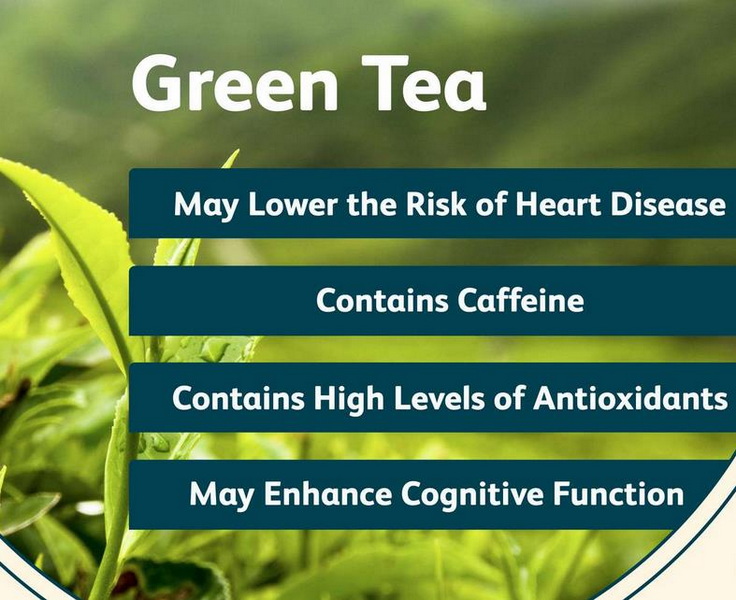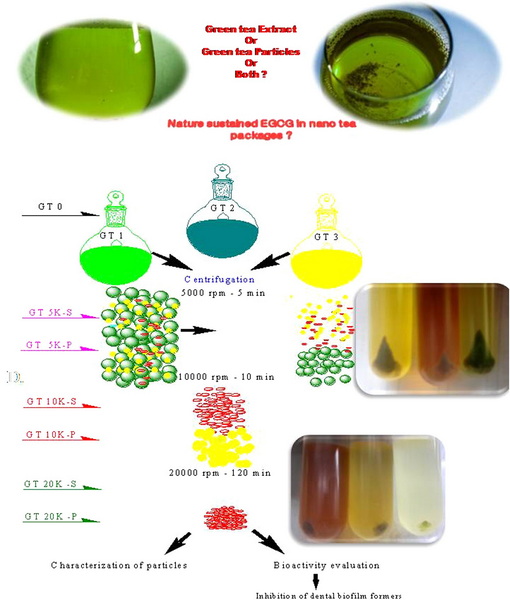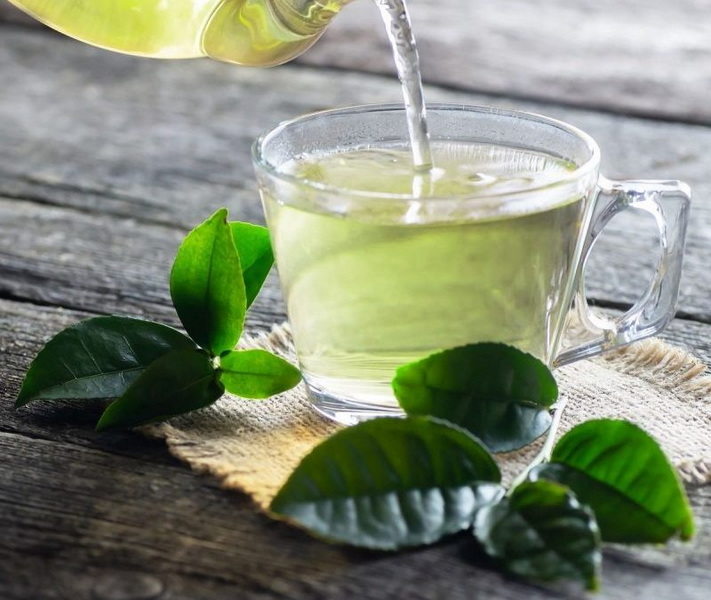Content Menu
● Understanding Green Tea Extract
>> Benefits of Green Tea Extract
● Caffeine Content in Green Tea Extract
>> Can Green Tea Extract Be Caffeine Free?
● Decaffeination Processes
● Health Implications of Caffeine-Free Green Tea Extract
>> Benefits of Caffeine-Free Options
● Comprehensive Health Benefits of Green Tea Extract
>> 1. Weight Management
>> 2. Cardiovascular Health
>> 3. Brain Health
>> 4. Liver Health
>> 5. Cancer Prevention
● Potential Risks and Side Effects
● Conclusion
● FAQ
>> 1. Is decaffeinated green tea completely caffeine-free?
>> 2. What are the health benefits of green tea extract?
>> 3. How much caffeine is typically found in regular green tea?
>> 4. Can I take green tea extract if I am sensitive to caffeine?
>> 5. What should I look for when choosing a green tea extract supplement?
● Citations:
Green tea, derived from the leaves of the *Camellia sinensis* plant, has been celebrated for its numerous health benefits, primarily due to its high content of antioxidants known as polyphenols. Among these, epigallocatechin gallate (EGCG) is particularly noted for its health-promoting properties. However, a common concern among consumers is the caffeine content in green tea and its extracts. This article explores whether green tea extract can be caffeine-free, the methods of decaffeination, and the implications for health.

Understanding Green Tea Extract
Green tea extract is a concentrated form of green tea that captures the beneficial compounds found in the leaves. It is often available in various forms, including capsules, powders, and liquids. The extraction process typically involves steeping the leaves in water or using solvents to isolate the active ingredients.
Benefits of Green Tea Extract
- Rich in Antioxidants: Green tea extract is renowned for its high levels of antioxidants, which combat oxidative stress and inflammation in the body.
- Supports Weight Loss: Studies suggest that green tea extract can enhance fat oxidation and improve metabolic rates, making it a popular supplement for weight management.
- Promotes Heart Health: Regular consumption may help lower cholesterol levels and improve cardiovascular health.
- Enhances Brain Function: The presence of L-theanine alongside caffeine may improve cognitive function and mood.
Caffeine Content in Green Tea Extract
The caffeine content in green tea extract varies significantly depending on the brand and formulation. Typically, a standard serving can contain anywhere from 25 mg to over 200 mg of caffeine. For comparison:
| Product Type | Caffeine Content |
| Brewed Green Tea (1 cup) | 30-50 mg |
| Green Tea Extract Capsules | 15-200 mg (varies) |
| Decaffeinated Green Tea Extract | Up to 15 mg |
Can Green Tea Extract Be Caffeine Free?
Yes, there are caffeine-free options available. These are typically labeled as "decaffeinated" green tea extracts. The decaffeination process aims to remove most of the caffeine while retaining the beneficial polyphenols.
Decaffeination Processes
1. Chemical Solvent Method: This method uses solvents like methylene chloride or ethyl acetate to extract caffeine from the leaves. While effective, concerns about chemical residues have led many consumers to seek alternatives.
2. Carbon Dioxide Method: This method uses pressurized carbon dioxide to selectively remove caffeine while preserving flavor compounds. It is considered one of the safest methods.
3. Water Processing: In this method, tea leaves are soaked in water to dissolve caffeine and then filtered out. This method can lead to a loss of some flavor but is chemical-free.
4. Natural Decaffeination: Some brands use naturally low-caffeine varieties of green tea or older leaves that inherently contain less caffeine.
Health Implications of Caffeine-Free Green Tea Extract
Caffeine sensitivity varies among individuals; some may experience jitters or insomnia even with small amounts of caffeine. For those who are sensitive or prefer to avoid stimulants altogether, caffeine-free green tea extract provides an excellent alternative without sacrificing health benefits.
Benefits of Caffeine-Free Options
- Reduced Anxiety: Avoiding caffeine can help reduce anxiety levels in sensitive individuals.
- Better Sleep Quality: Consuming caffeine-free extracts allows for evening supplementation without disrupting sleep patterns.
- Maintained Antioxidant Benefits: Decaffeinated extracts still provide significant amounts of EGCG and other beneficial polyphenols.

Comprehensive Health Benefits of Green Tea Extract
Green tea extract offers a range of health benefits beyond just antioxidant properties. Here's an expanded look at some key advantages:
1. Weight Management
Research indicates that green tea extract can support weight loss efforts by increasing fat oxidation and improving metabolic rates. A study published in *Obesity* found that participants who consumed green tea extract experienced greater fat loss compared to those who did not[2]. This effect is attributed to catechins, particularly EGCG, which enhances thermogenesis—the process by which your body burns calories to produce heat.
2. Cardiovascular Health
The antioxidants in green tea extract may help lower blood pressure and improve cholesterol levels. A meta-analysis revealed that regular consumption could lead to significant reductions in total cholesterol and LDL (bad) cholesterol levels[2][4]. By reducing these risk factors, green tea extract may contribute to overall heart health and reduce the likelihood of cardiovascular diseases.
3. Brain Health
Green tea extract has been linked to improved brain function and reduced risk of neurodegenerative diseases such as Alzheimer's and Parkinson's disease. The protective effects are primarily due to EGCG's ability to reduce oxidative stress and inflammation in brain cells[7]. Studies have shown that individuals who regularly consume green tea exhibit better cognitive performance compared to those who do not[2].
4. Liver Health
Emerging research suggests that green tea extract may support liver health by reducing fat accumulation and inflammation within the liver[8]. A study involving patients with non-alcoholic fatty liver disease (NAFLD) showed significant improvements in liver function markers after consuming green tea extract regularly[6].
5. Cancer Prevention
The polyphenols found in green tea extract have been studied for their potential role in cancer prevention. Research indicates that these compounds can inhibit tumor growth and induce apoptosis (programmed cell death) in cancer cells[7]. While more research is needed, early findings suggest that regular consumption may lower the risk of certain types of cancer.
Potential Risks and Side Effects
While green tea extract offers numerous benefits, it's essential to be aware of potential side effects:
- Caffeine Sensitivity: Individuals sensitive to caffeine may experience symptoms such as insomnia, anxiety, or digestive issues even with decaffeinated products[3].
- Liver Health Concerns: High doses of green tea extract have been linked to rare cases of liver injury[4]. It's crucial to follow recommended dosages and consult with a healthcare provider if considering supplementation.
- Interactions with Medications: Green tea extract can interact with certain medications, including blood thinners and stimulants[9]. Always consult a healthcare professional before starting any new supplement regimen.
Conclusion
In conclusion, while traditional green tea extract contains varying levels of caffeine, there are effective decaffeinated options available that retain most of the health benefits associated with regular green tea. Consumers seeking to avoid caffeine can confidently choose these alternatives without compromising on antioxidant intake or other health benefits.

FAQ
1. Is decaffeinated green tea completely caffeine-free?
No, decaffeinated green tea still contains trace amounts of caffeine, typically around 2-15 mg per serving.
2. What are the health benefits of green tea extract?
Green tea extract is known for its antioxidant properties, potential weight loss support, heart health benefits, and cognitive enhancement.
3. How much caffeine is typically found in regular green tea?
A standard cup of brewed green tea contains approximately 30-50 mg of caffeine.
4. Can I take green tea extract if I am sensitive to caffeine?
Yes, you can opt for decaffeinated green tea extract which has minimal caffeine content.
5. What should I look for when choosing a green tea extract supplement?
Look for standardized extracts that specify EGCG content and ensure they are tested for purity and quality by reputable organizations.
Citations:
[1] https://www.drugs.com/npp/green-tea.html
[2] https://www.healthline.com/nutrition/10-benefits-of-green-tea-extract
[3] https://www.medicalnewstoday.com/articles/269538
[4] https://www.webmd.com/vitamins/ai/ingredientmono-960/green-tea
[5] https://www.bronsonvitamins.com/en-de/products/caffeine-free-green-tea-extract-500-mg-100-capsules
[6] https://www.harney.com/blogs/news/decaffeinated-tea
[7] https://pmc.ncbi.nlm.nih.gov/articles/PMC6412948/
[8] https://www.drugs.com/mtm/green-tea.html
[9] https://www.urmc.rochester.edu/encyclopedia/content?contenttypeid=19&contentid=GreenTeaExtract
[10] https://premiumteas.ca/blogs/premium-teas-blog/how-is-tea-decaffeinated

 English
English 




























